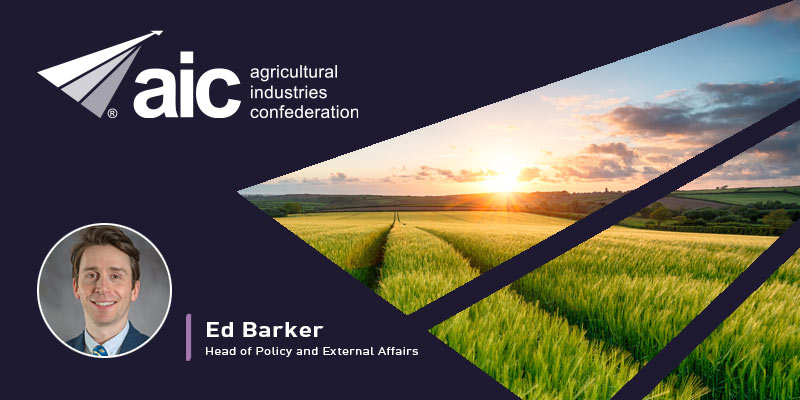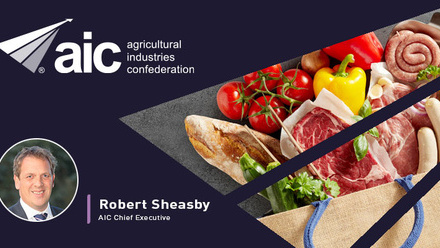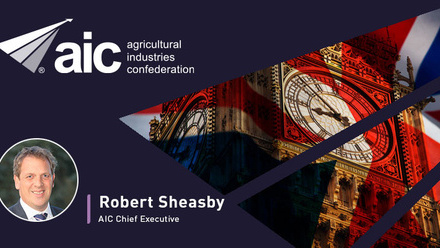Blog: 5 things the 2024 General Election result means for UK agriculture

With the 2024 UK General Election concluded, the Agricultural Industries Confederation's (AIC) Head of Policy and External Affairs Ed Barker takes stock of what the result could mean for UK agriculture.
As the 2024 General Election opinion polls predicted, the nation has elected a Labour Government with a significant majority after 14 years in opposition.
Here are some initial reflections on what this means for UK agriculture, including farmers, AIC Members in the agri-supply industry, and the wider food system.
1. Rural Britain's political shake-up
What is striking about these results is how much of rural Britain is now covered in red, yellow, or even green, whereas for the past 20 or so years it has been a sea of blue.
This matters because it means many parties will have to familiarise themselves with constituencies they have not represented before.
The fact that there will be many Labour MPs representing rural and highly agricultural areas is of course notable, however, these MPs will also be answerable to a Labour Government.
They will therefore have to balance the needs of their agricultural constituent businesses while supporting Labour policy, whatever that may be, further down the line.
In 1997 we saw far more of a rural/urban divide which arguably then gave Labour far more licence to introduce sweeping reforms to food, farming and the environment. That will not be the case this time around.
2. Money matters
The budget for Defra will need to be decided by the new Chancellor. This new "pot" matters for new farming schemes, productivity and climate mitigation.
3. Existing workload
The previous Government left a large number of important policy or legislative issues unfinished.
The "in tray" includes gene editing, methane inhibitors, SFI/ELM policy, deforestation (due diligence) regulations, border operations, trade policies (tariff suspensions, trade deals), National Action Plan on Sustainable Use of Plant Protection Products, the Carbon Border Adjustment Mechanism (CBAM), EU-UK relations - the list goes on.
This incoming administration needs to make decisions on these, many of which are very well-advanced and a call to scrap them would generate further decision-making quandaries.
In short, it may well be some time before there is the headspace for fresh, aspirational policies to be pursued.
4. EU Exit (yes, really)
The legacy of EU Exit remains strong. Defra has by far the biggest number of retained EU laws to work through, and decisions need to be made on each of them.
Since the UK left the EU, regulatory bodies remain overwhelmed by the workload to undertake basic functions, notably approving products in seed, animal feed, and crop protection sectors.
AIC Member businesses still struggle to work through regulatory divergence across both the big and small issues.
5. Land use
The biggest question for this Labour Government is quite simply: "What do you want?"
Regrettably, we have grown accustomed to a succession of Governments failing to recognise the inevitability of trade-offs on land - given it is a finite and sought-after commodity - to deliver a variety of outcomes including food, energy, housing and environmental benefits.
We need the new Government to help facilitate a grown-up conversation on where we produce our food (assuming this is believed to be a priority), where we live, where our energy comes from, and where our nature and biodiversity assets are based.
Visit AIC's Election 2024 manifesto webpage for full details and to get in touch with our team of policy experts.







